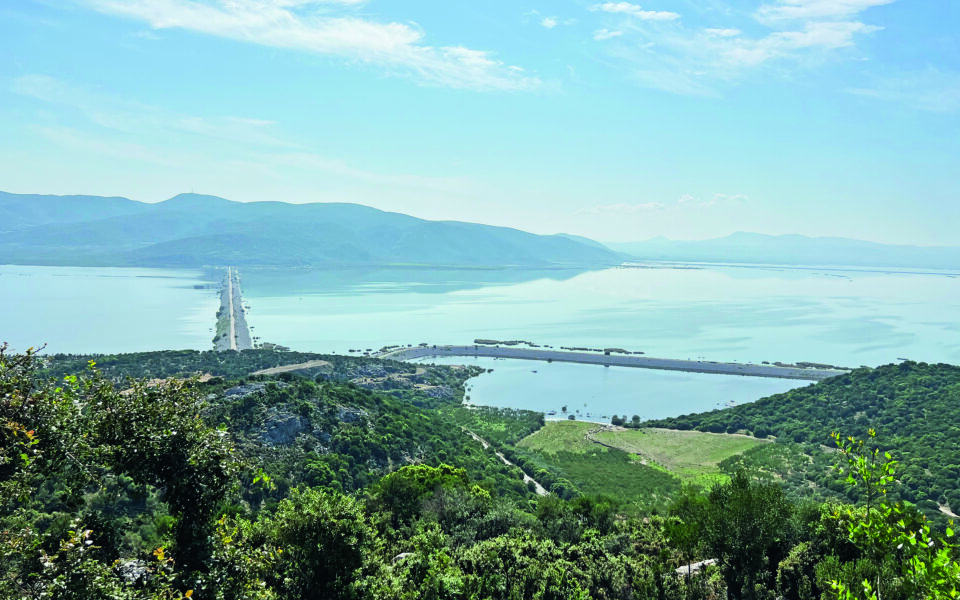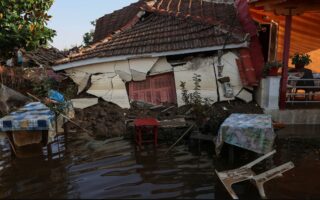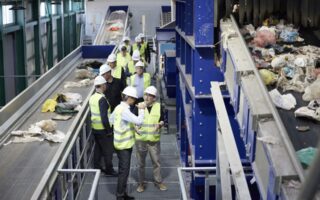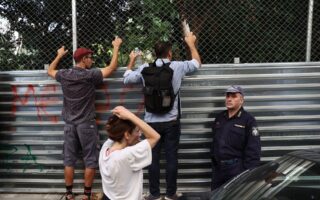Rivers must be given vital space
New water management model urged by Dutch experts investigating causes of Thessaly floods

Dutch experts commissioned to investigate the causes of the flood disaster on the plain of Thessaly in central Greece in the summer are proposing a new model of water management.
The consultancy firm HVA International submitted the first of three reports to the government a few days ago and its findings include environmental crimes such as illegal dams for irrigation and arbitrary interventions near riverbeds.
The team argues that interventions need to be made at the levels of prevention, governance, and crisis management.
All flood protection infrastructure, it said, should be reviewed in order to develop an upgrading program. The infrastructure for flood protection will be a combination of creating water retention facilities, facilities to increase water drainage and improving the embankment network.
The experts also highlight the need for a single management body to replace the current fragmentation of responsibilities and propose the establishment of a flood risk monitoring agency. Moreover, it also said there is an urgent need for the installation of an early warning system operating on a 24-hour basis, which will receive, analyze and process flood flow information in real time.
Reference is also made to the problem of man-made interventions in the rivers of Thessaly, which have resulted in the restriction of their beds and floodplains. Rivers and streams are often confined to narrow passages, wedged between embankments to maximize adjacent farmland.
Numerous industries and residential areas have been built on the floodplains of streams and rivers, exacerbating the problem, it notes. Bridges, roads and railways were affected, as their design did not take into account modern water management requirements. As a result, they became obstacles, causing even greater damage.
The report also insisted flood zones of the rivers must be increased as rivers must be “given space.”
The report notes that safety levels should be differentiated according to the social, economic and environmental functions of the area where they will be implemented. It added that the development of different security levels is a technically and politically complex exercise, and will require expertise, economic expertise and political dialogue.
Funding remains an issue and for this reason the Dutch will be asked to prioritize projects and interventions.





